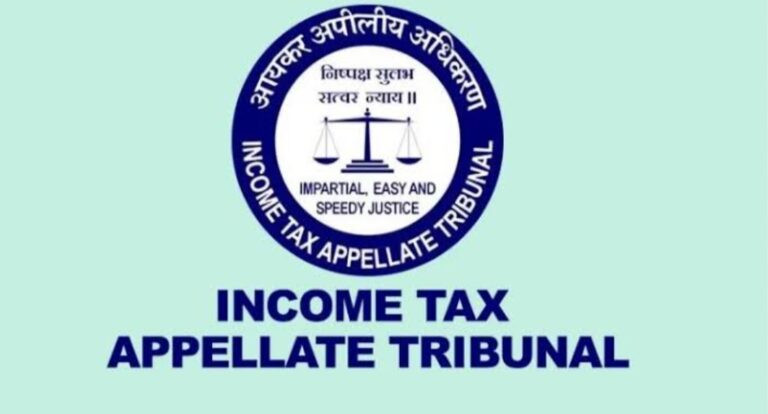The Income Tax Appellate Tribunal (ITAT), Mumbai, in the case of Navketan Premises Pvt. Ltd. vs. DCIT (AY 2015-16), delivered a significant ruling on 6 August 2025 clarifying the scope of Section 43CA of the Income-tax Act, 1961.
The dispute revolved around whether undervaluation provisions under Section 43CA could be invoked when possession of property and full consideration had already been received in an earlier year, but the sale deed was registered later. The Tribunal held that once possession is transferred and the entire sale consideration is received, the transaction attains finality under Section 2(47)(v), making the timing of registration irrelevant. Consequently, Section 43CA cannot be applied retrospectively to reopen a completed transaction.
1. Facts & Key Issue
- Transaction Details: The assessee completed the sale of four commercial units and handed over possession on 13 July 2013. Full sale consideration was received, and the income was offered in AY 2014-15.
- AO’s View: Despite this, in the assessment for AY 2015-16, the Assessing Officer invoked Section 43CA, relying on stamp-duty or DVO valuation, and made an addition of ₹3.56 crore alleging undervaluation.
2. Tribunal’s Ruling & Legal Reasoning
A. Doctrine of Finality & Consistency
Once a transaction is completed—including possession delivery and receipt of full consideration—and income is offered in the correct year, it cannot be taxed again in a later assessment year. The tribunal invoked the principles of consistency and finality to uphold this.
B. Applicability of Section 2(47)(v)
Section 2(47)(v) treats transfer as effective upon completion of possession and payment—not on registration. This means the sale is recognized for tax purposes even if registration happens later.
C. Section 43CA Inapplicable
Since Section 43CA applies primarily to stock-in-trade valuation for property held as stock-in-trade (e.g., by developers), it cannot be invoked in a situation where sale, possession, and consideration have been finalized in a prior year. Additionally, the valuation date (e.g., stamp duty value) becomes irrelevant in such cases.
Outcome: The addition under Section 43CA was deleted, and the appeal was allowed.
3. Legal Implications & Broader Context
| Aspect | Implication |
|---|---|
| Tax finality | Protects taxpayers from repeat taxation once a transaction is closed with possession and payment. |
| Timing matters | Confirms that for tax purposes, the effective date of transfer is the date of possession/payment, not registration. |
| Guarded applicability | Section 43CA is not blanketly applicable—cannot override genuine, duly completed transactions. |
| Precedent value | Useful precedent for developers and others in property transfers, especially where delays in registration occur. |
4. Comparative Dimension
While this ruling aligns with previous judgments—including those exempting cases where stamp duty value vs. sale consideration differences fall within a tolerance band—it goes further by underlining that the fundamental completion of the transaction (possession and full payment) nullifies the applicability of Section 43CA. For instance:
- Earlier rulings have applied a 10% tolerance band and allowed valuation based on actual sale where within that range.
- This latest judgment emphasizes closure of the transaction itself, not just valuation thresholds.
Summary
In Navketan Premises Pvt. Ltd. vs. DCIT, ITAT Mumbai (on 6 August 2025) held that:
- Property sale was deemed complete upon possession and receipt of full consideration.
- Section 43CA — even though it concerns undervaluation—cannot be invoked retroactively when the transaction was concluded earlier.
-
Registration timing is irrelevant to taxability if the essence of transfer (possession + payment) is already fulfilled, and income has been recognized in the correct assessment year.
